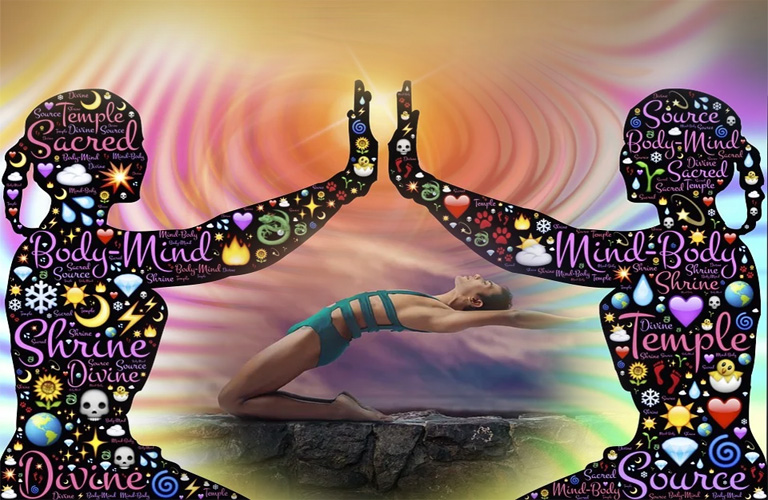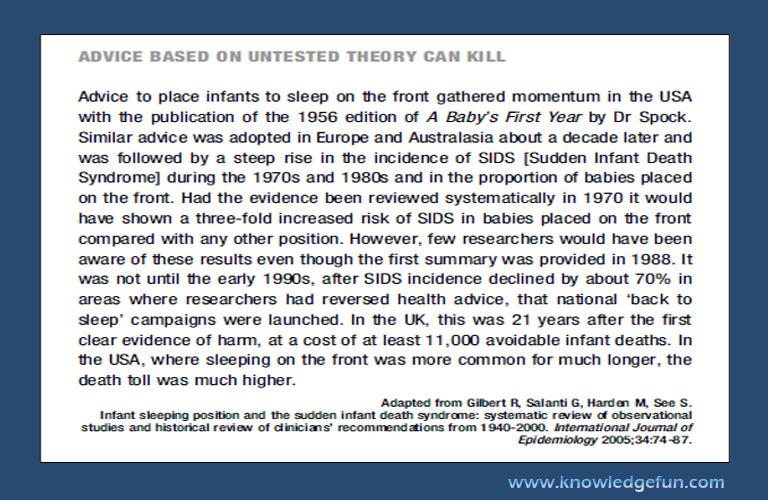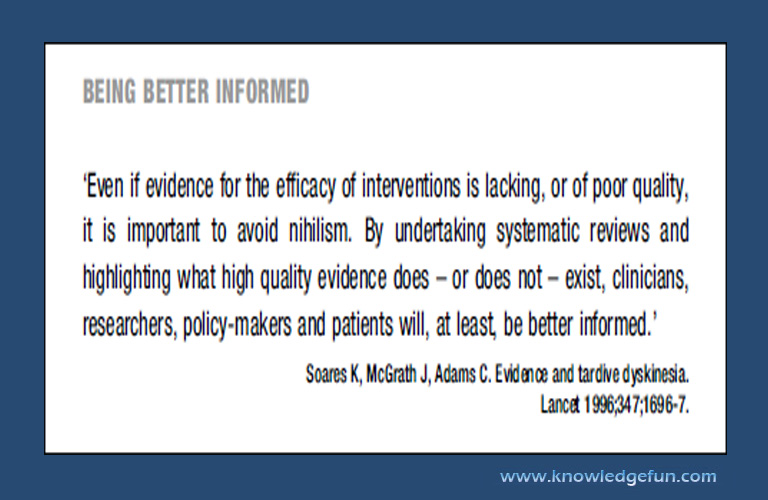Mind and Body Interventions or Practices
Mind and body interventions or practices include a large and diverse group of CAM procedures or techniques administered or taught by a trained practitioner or teacher. They make use of the integral connection between mind and body and the effect each can have on the other. The most popular mind and body practices used by adults are: yoga, meditation, chiropractic and osteopathic manipulation.
Other mind and body practices include acupuncture, relaxation techniques (such as breathing exercises, guided imagery, and progressive muscle relaxation), tai chi, qi gong, hypnotherapy, Feldenkrais method, Alexander technique, Pilates, Rolfing Structural Integration, and Trager psychophysical integration.
Some forms of hypnosis are considered to be CAM therapies, although the use of hypnotherapy for certain conditions were accepted long time ago by the medical associations. Hypnosis can be used by medical professionals (M.D.s or D.O.s) but is also offered by hypnotherapists. Physicians are certified by their own associations; many countries require hypnotherapists to be licensed, but the requirements for licensing may vary substantially. Find out more about hypnosis...
Browse Related Info:
- Yoga
- Tai Chi
- Qi Gong
- Energy Medicine
- Meditation
- How Meditation May Work
- Our Friend the Vital Force
- Breath is Life
- Relaxation Techniques
- Chiropractic
- Chiropractic Manipulation
- Osteopathic Manipulation
- Hypnosis
- Traditional Chinese Medicine
- Acupuncture
- CAM Natural Products
- Herbal Remedies
- Nutrition Info
- Wellness and Well-Being
- Health Articles
- Health Pages
- Testing Treatments

Did You Know?
The amount of research on mind and body approaches varies widely depending on the practice. For example, researchers have done many studies on acupuncture, yoga, spinal manipulation, and meditation, but there have been fewer studies on some other practices.
Many studies have shown that support groups, frienships, strong family relationships, and prayer can all have a positive impact on health.
Many countries (states or provinces) have regulatory agencies or licensing boards for certain types of practitioners. They may be able to provide you with information regarding practitioners in your area.
The placebo effect is one of the most widely known examples of mind-body interdependence.
Coping with Stress
People are under more stress than ever, experts say, and it's certainly not heart-healthy. How you respond to it is what determines whether you become totally stressed out or you can manage it and maintain your serenity. For the stress you can't avoid, develop a range of stress-management techniques and strategies. Here are some ways to relieve stress:
Take a moment to relax. Sit in a comfortable chair and practice deep breathing for 5 to 10 minutes. Stress is most damaging if it's unrelenting. Even a few moments of relaxation, mini breaks, stretching, walking or talking with a friend -- can help.
Visualize your happy place. Visualize a relaxing, peaceful place and imagine yourself experiencing it as vividly as possible; you might "hear" the soothing sound of a waterfall or "feel" a gentle breeze on your skin. Stay there as long as you can.
Talk it out. Poor communication is often a source of stress. If you have concerns about your work load, your school, your job, your family, your children or your partner, discuss them.
Exercise helps. Exercise strengthens muscles in your body, including your heart, and improves your circulation so your body can withstand stress. Aerobic activities (which, depending on your fitness level) can include tennis, volleyball, running, swimming and walking are ideal.
Make a social connections. Not having others to talk with only adds to the stress in your life, and can even lead to depression. It is good idea to become involved in church, social or volunteer activities.







